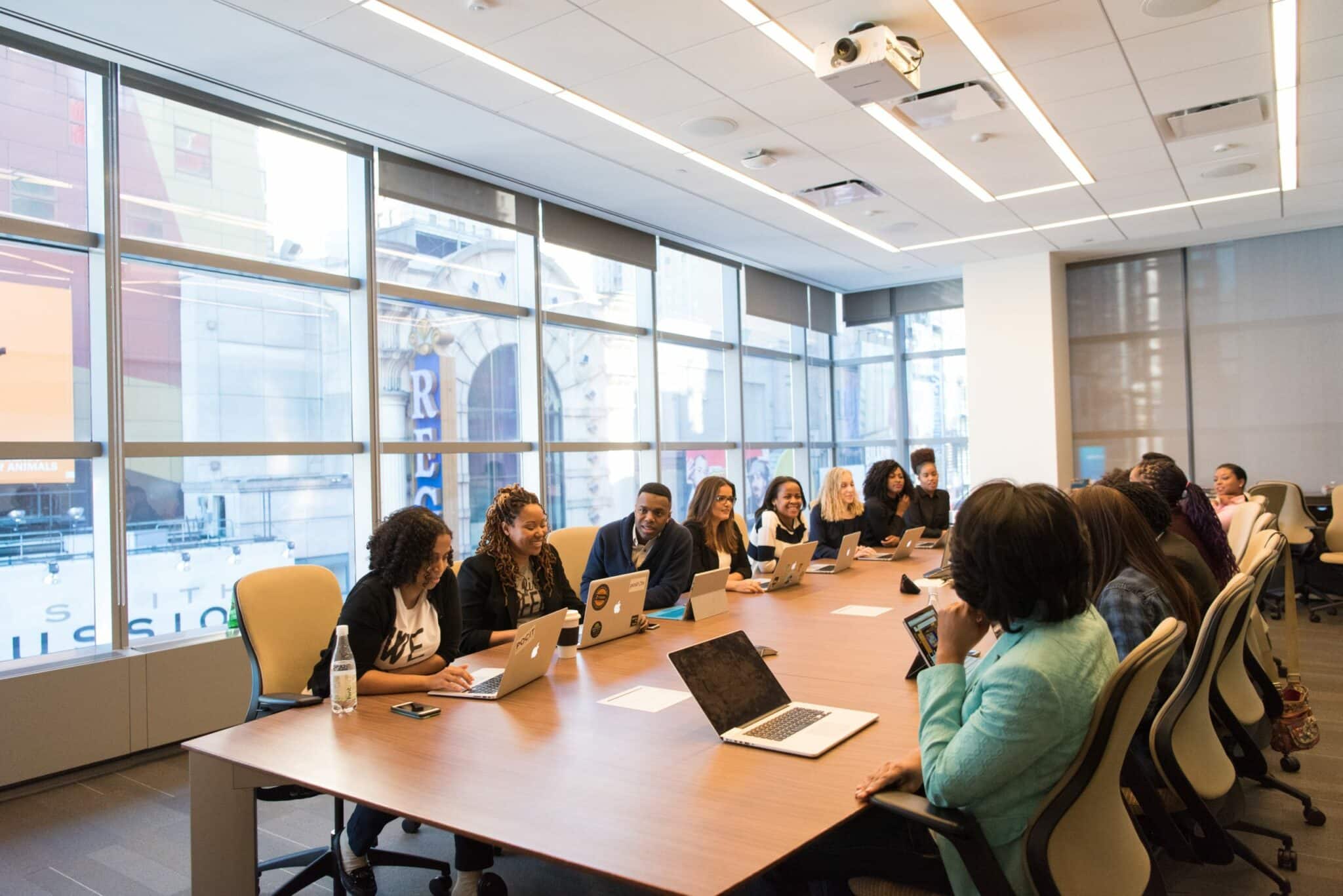Understanding Motivation & Retention in Age Diverse Workplaces

Knowledge transfer refers to the communicative process where two or more people engage, where one person receives and uses the information shared by the other person. There are two aspects of the process in the workplace: (1) actor knowledge receiving and (2) partner knowledge receiving. Actor knowledge receiving refers to receiving knowledge from a co-worker. Partner knowledge receiving refers to having co-workers receive one’s knowledge.
Recent research in the Journal of Applied Psychology examined how knowledge transfer can motivate employees of different ages. This is particularly important because motivation could impact turnover intention and retention. The researchers conducted an online survey of employees across a variety of age groups.
The results revealed that a positive relationship between knowledge transfer, need fulfillment, and intention to remain at work. Specifically, for younger employees, receiving knowledge from an older coworker positively impacted their intention to stay at an organization. For older employees, providing knowledge to younger employees had the same positive affect on intention to stay at an organization.
The authors provided two possible explanations for the findings using two theories. The first, self-determination theory, assumes that people are motivated to grow. In order to grow, they must satisfy three psychological needs: autonomy (i.e., sense of psychological freedom), competence (i.e., desire to feel effective), and relatedness (i.e., desire to feel connected to others). Fulfillment of these needs can increase the likelihood that people will engage in knowledge transfer to achieve their goals.
The second theory, socioemotional selectivity theory, states that people of different age groups view time differently. Subsequently, they value different types of goals. Younger individuals view time as open-ended. They value gaining information and pursuing knowledge-related goals. Older individuals view time as constrained. They value emotionally meaningful goals that enable them to support future generations through knowledge sharing.
Burmeister, A., Wang, M., & Hirschi, A. (2019). Understanding the Motivational Benefits of Knowledge Transfer for Older and Younger Workers in Age-Diverse Coworker Dyads: An Actor–Partner Interdependence Model. Journal of Applied Psychology, advance online publication.
